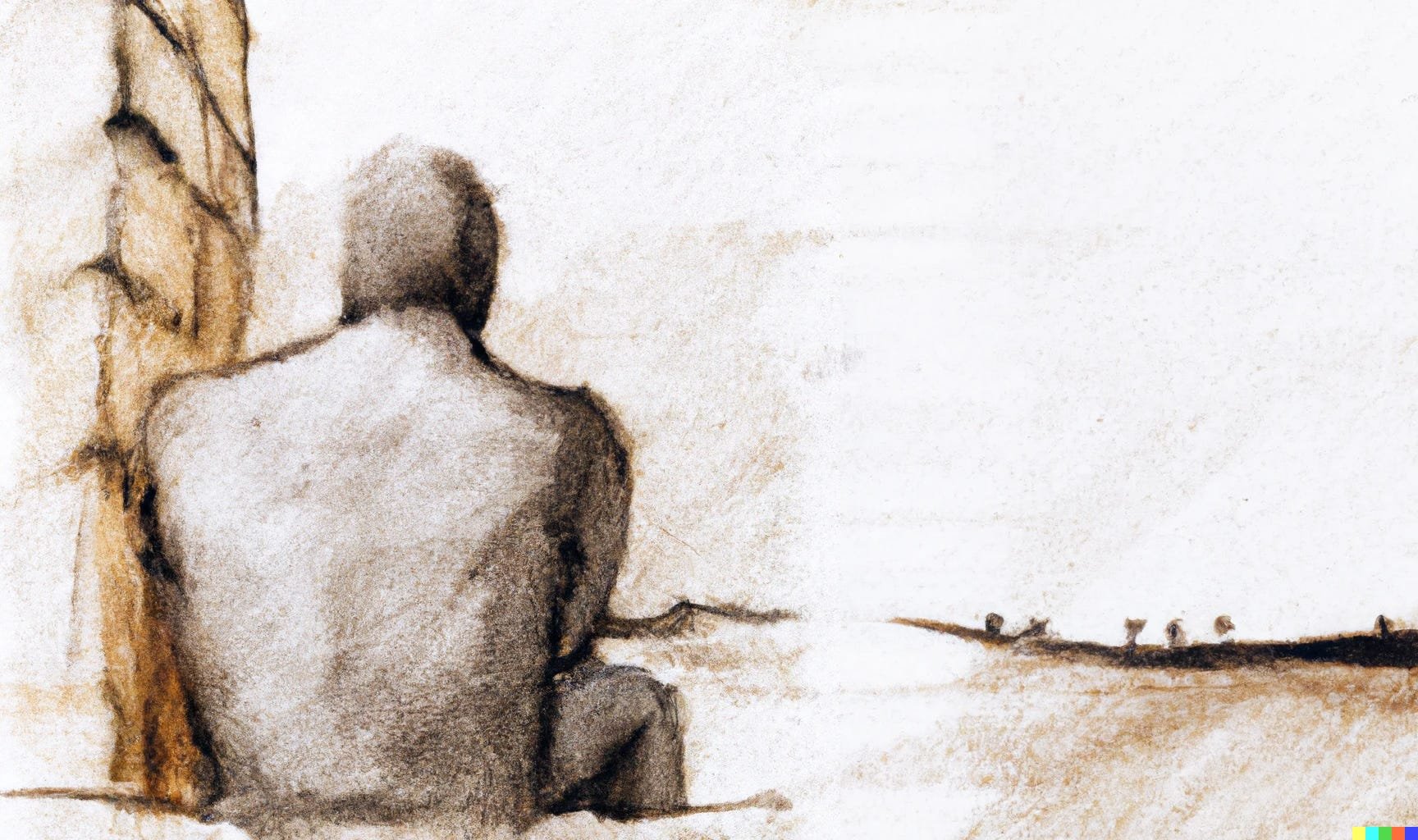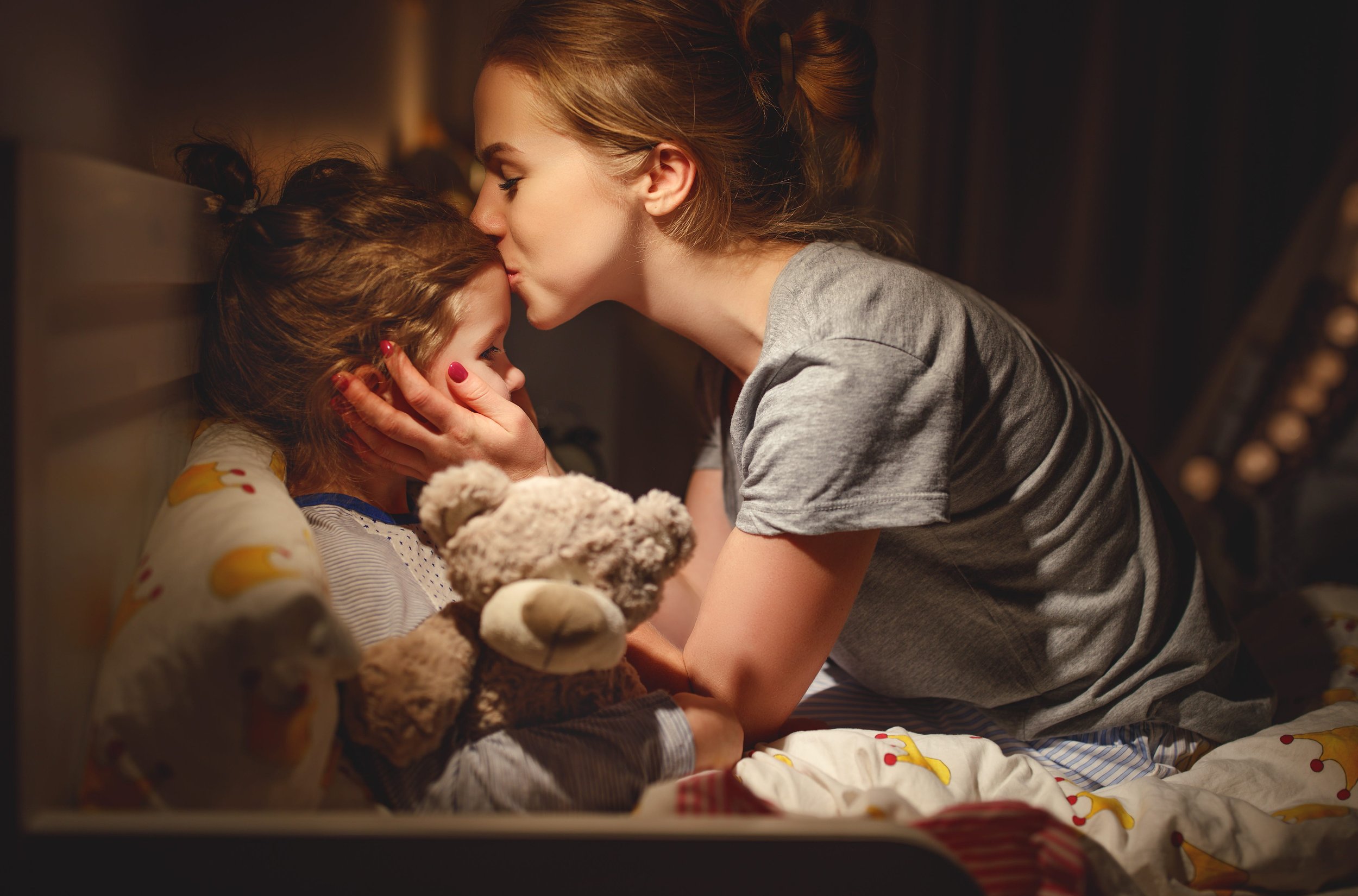I've been thinking about how certainty kills relationships.
It was a rather routine recent conversation with a woman in her early fifties whom I’ve known for most of her life, but what she said stayed with me through days of reflection. She was catching me up on her twenty-year marriage in which she and her husband have raised two very lively and accomplished teenagers, earned and saved enough from both of their professional jobs to live comfortably, yet now carry on endless arguments about anything important – or more often now, about anything at all.
These conversations often grind to a halt, she told me, when he insists to her, “I know I’m right,” the kind of certainty that ends their interaction. She gets up and leaves the room more often now, knowing from too many past incidents that any further response will escalate the conflict; she’ll call him an a**hole, and he’ll typically respond with F**k you, a final nail in the conversation’s coffin.
Later, on her own, she belittles herself for her behavior, recognizing that under the pressure of her frustration she’s let go of her best self and given in to her unruly impulses. For years, after things calmed down, she offered up to him what she accepts about herself:
I’m not perfect, and it was a mistake to go off on you the other day. I’m sorry. I should know better, but I lose control of myself when I get so frustrated. I’m disappointed with myself when I do.
Because she is honestly self-reflective, she lives with this chronic disappointment in her soul.
But what she’s learned over time is that it's useless to either enter into these conversations, or to return to them to sort out who is wrong and who is right because, for him, the point of any argument is not to clarify the issues; the point is to win. And he always persists until he wins. In their back-and-forth, he’s not interested in accurate information about what she did or what he said; this kind of credible truth is of no value to him.
The truth, for him, is whatever he needs it to be to win the moment, even when his truth changes from incident to incident, sometimes even from moment to moment. There is no discomfort in him about this; when he says I know I’m right, he’s not just trying to win the argument’s point, he actually believes it. He lives with an internal harmony that does not allow for self-questioning or self-doubt, let alone allowing for anyone else’s disagreement with him to have credibility. Certainty like his kills conversation and threatens the vibrant survival of any relationship, but he’d rather be right than grow closer to her.
Certainty like his kills conversation and threatens the vibrant survival of any relationship, but he’d rather be right than grow closer to her.
I wonder if her husband’s kind of certainty is a way of fending off fear. I wonder if turning truth into whatever it needs to be in the moment is a way of avoiding information or beliefs that would leave certainty in tatters, crushing any sense of safety.
If I allow any doubt, any fault on my part, even a hint that I might be incorrect to get stitched into me, my unacknowledged fear is that this would be like pulling at a loose thread only to have the entire sweater unravel. Better to ignore the thread or cut it off than risk having things come completely undone.
Perhaps, behind such certainty, is a fear we don’t want to face.
So if certainty spoils conversations and threatens relationships, what is it that makes human connection more likely? What are those qualities between us that lay out a pattern of intimacy? If we abandon our need for certainty and our desire to win, how can we give ourselves over to one another in ways that stitch us together?
When our children were very young, Becky and I began a bedtime ritual that later proved useful with our three grandchildren, and now actually enhances our intimacy with one another and with our friends. One of us would lie beside one of our three kids, snuggle up next to them and say, Tell me about your day. Maybe we’d hear about a broken shoelace or two friends who left her out of a conversation or, later, about how easy the math test was or who won the after-school soccer game.
And here was our rule for ourselves: the only response we could make to whatever they reported was, Tell me more. We weren’t looking for teachable moments to turn their story into a life lesson, or remembering similar incidents when I was in fifth grade . . . No, just tell me more. This kind of curiosity sends a message that the details of your life are important to this important person you’re telling them to, so you must really be important, too. It isn’t much of a stretch to realize that this kind of curiosity about our lives is what draws us in as adults, and for the same reason: we seem to be important to the person standing in front of us or lying beside us, wanting to know more about our lives; so maybe we’re safe to move closer to them and tell them even more.
Empathy is like curiosity: it draws us in. My late brother-in-law, Marty, was a barrel-chested, salt-and-pepper bearded lawyer. When you were talking with Marty it was as if you were the only other person in the room. He didn’t glance over his shoulder to see who’d just arrived, or find a way to excuse himself as if he were bored with you. He’d fix his eyes on you and make you feel the warmth of his empathic attention.
It was as if he were listening to both the words and the music coming from you. He followed your thoughts meticulously, but he was also connected to the unexpressed but obvious emotions behind your story. That must have been frightening! Or, you must have laughed like crazy when she said that! Or, Oh my God! I’m so sorry they ganged up on you. What a blow! Like he was reading the notes of the emotional musical score playing in your head. Whether it was our parental curiosity or Marty’s instinctive empathy, the message was a powerful affirmation of respect: You matter enough for me to want you to tell me more, and the music in you is as important to me as your words.
Empathy is like curiosity: it draws us in.
We were smart enough, and Marty was even smarter, to recognize when the other person was out of bounds, doing or saying something that was dissonant or cruel or really stupid. But even these critical responses were neither harsh nor disrespectful. So, you got caught cheating on the math test; you deserved it, of course. Now tell me, what made it so important that you decided to cheat? Or Marty shaking his large, disapproving face (which stared at me more than once) and saying, that was mean of you, and hardly seems like you at your best. As dumb as the cheating was and as mean as the misbehavior over which he was shaking his beard, there was no disrespect for you as a person, whether you were ten years old of fifty-five years old. Yes, you screwed up, but even good people do bad things. Now, what are you going to do about it?
People who are certain can't do this. They never engage is such conversations, never enter the dialogue with curiosity or empathy, never respond to their partner or child or friend with respect. So, it’s increasingly obvious to me that people who are certain are seldom reliable friends or partners or parents. Their certainty renders them critically disabled in all of their relationships. Because of this, we are foolish to hold on to the understandable but unreasonable expectation that this person will somehow wake up, recognize us as companions, and give themselves over to a curious, empathic, respectful relationship.
The friend I mentioned above, with whom I had the conversation that set me wondering about certainty, has already checked out of her marriage in many ways. She expects and receives no tenderness, no pleasurable touch; she limits her conversations, when she can, to subjects that allow him his certainties. She thinks about waiting until her younger child graduates from high school before deciding whether to stay or leave. She worries whether, on her own, there will be enough money to live decently, but with less financial security than she has now. But she recognizes that the relationship she hoped for when she married him is not available, and never will be.
I’m increasingly reluctant to encourage partners or friends or mature children to keep trying to make such relationships like hers work. Since people who are certain are not open to change, we are left with two paths forward in dealing with them. We can settle into the relationship we have, take what is available, live with the chronic frustration of the distance their certainty imposes, or leave and develop genuine intimacy elsewhere with people who nurture and respect us.






